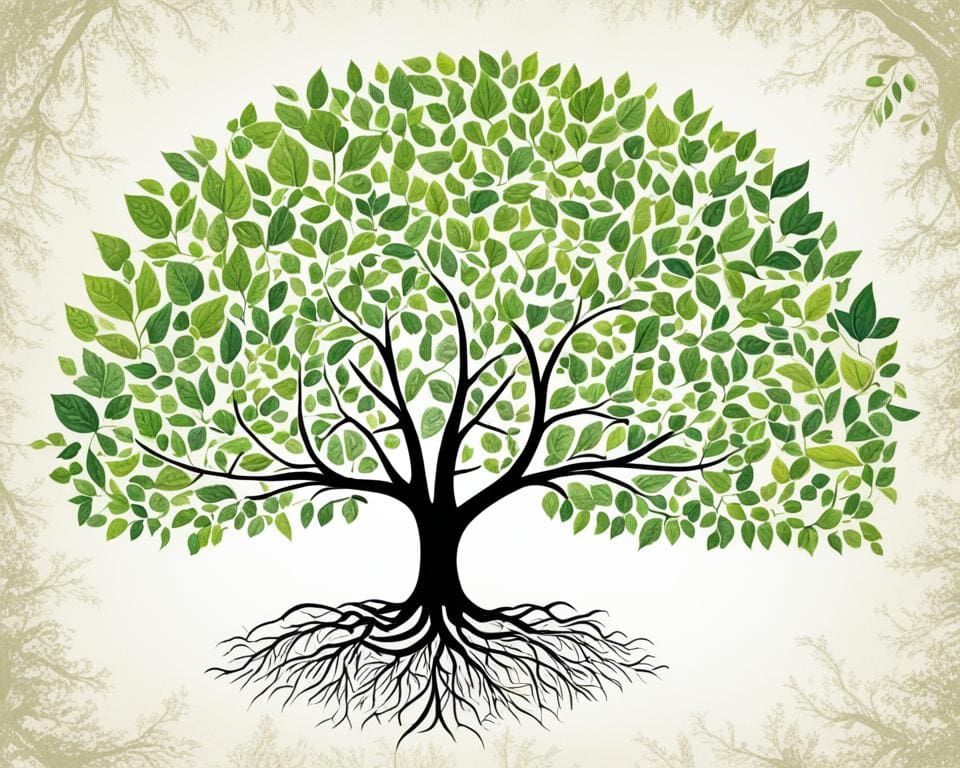The journey towards enhanced mental wellness is deeply intertwined with the concept of Lifelong Learning for Mental Health. Engaging in continuous education serves as a vital pillar of psychological wellness, promoting resilience, emotional fortitude, and personal growth development. Numerous studies, including those from the National Institute of Mental Health, indicate that people who commit to learning throughout their lives often demonstrate improved coping skills and lower levels of anxiety and depression.
Furthermore, organizations such as Mind emphasize the transformative effects of mental wellness education on overall well-being. By fostering a mindset of perpetual self-improvement, individuals can unveil their potential, leading to a richer, more fulfilling, and mentally healthy life.
Understanding the Connection Between Lifelong Learning and Mental Wellness
Engaging in lifelong learning creates a profound impact on mental wellness. This connection showcases how continuous education benefits individuals by fostering resilience and adaptability in the face of life’s challenges. The pursuit of knowledge not only enhances skills but also enriches personal fulfillment, establishing a pathway toward greater satisfaction in life.
How Continuous Education Boosts Psychological Well-Being
Numerous studies highlight that individuals who participate in ongoing education often report improved mental wellness. By engaging in various forms of learning, individuals can experience:
- Enhanced cognitive function: Lifelong learning stimulates the brain, promoting better memory and problem-solving abilities.
- Increased social interaction: Education brings people together, fostering connections that combat feelings of isolation.
- Greater life satisfaction: The act of learning can provide a sense of achievement and purpose, leading to lower levels of distress.
The Role of Mental Wellness Education in Personal Development
Mental wellness education plays a crucial role in understanding mental wellness, offering vital tools for personal growth. Organizations like Mental Health America provide programs that empower individuals to:
- Gain insights into their mental health.
- Develop emotional intelligence and resilience.
- Utilize coping strategies that promote well-being.
This dual approach not only enhances individual knowledge but also reinforces the importance of mental wellness education as a pathway for cultivating a balanced and fulfilled life.

Lifelong Learning for Mental Health: Strategies for Ongoing Self-Improvement
Utilizing lifelong learning fosters positive mental health and paves the way for personal growth. By embracing ongoing self-improvement strategies, individuals can navigate life’s challenges with greater ease. Below are two effective methods that contribute significantly to enhancing emotional resilience and overall well-being.
Emotional Resilience Tools for Everyday Challenges
Emotional resilience tools serve as essential assets in managing life’s ups and downs. Techniques such as:
- Mindfulness exercises that encourage present-moment awareness.
- Cognitive behavioral techniques aimed at reframing negative thoughts.
- Journaling practices to reflect on emotions and experiences.
These tools equip individuals with methods to cope with stress and anxiety effectively. Implementing them into daily routines enables one to build a stronger emotional foundation.
Incorporating Mental Health Education Programs into Your Life
Engaging in mental health education programs plays a vital role in personal development. Programs offered by organizations, such as the Anxiety and Depression Association of America, provide practical workshops that enhance understanding and skills. Online courses available on platforms like Coursera and edX allow learners the flexibility to explore various topics related to mental health and wellness at their own pace.
By participating in these educational events and courses, individuals commit to ongoing self-improvement strategies that nurture emotional resilience and enrich personal growth. Community resources, such as local centers and online forums, can further support this journey, helping create a network of encouragement and shared knowledge.
Resources for Support and Growth in Lifelong Learning
A comprehensive selection of resources is now available to support individuals on their lifelong learning journey for mental health. Websites like Verywell Mind and Psychology Today offer a wealth of articles and tools related to emotional well-being, as well as personal development. These platforms serve as vital psychological well-being resources, providing insights and strategies that empower individuals to embrace continuous education aimed at enhancing mental wellness.
In addition to online resources, local libraries and educational institutions play a crucial role by providing workshops and seminars that focus on various mental wellness topics. These programs not only foster a deeper understanding of mental health but also facilitate connections with others on similar journeys, offering ongoing mental health support. Engaging in these community-based activities can build a robust network of encouragement and shared learning.
Furthermore, national organizations such as the National Alliance on Mental Illness offer advocacy, support groups, and educational materials. Their commitment to promoting understanding and support in mental health helps individuals tap into additional psychological well-being resources. By leveraging these diverse offerings, anyone can cultivate a balanced approach to lifelong learning, which is pivotal for fostering lasting mental health and resilience throughout their lives.









